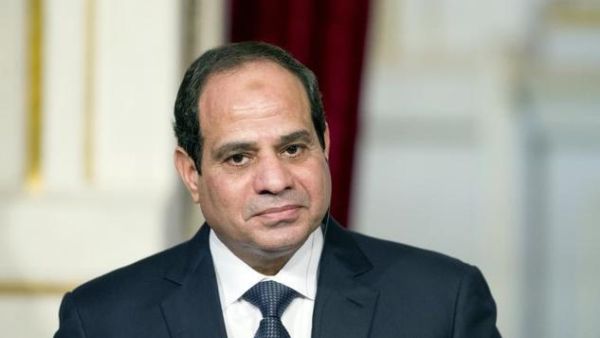Scanning a screen in a Cairo bank displaying exchange rates for the Egyptian pound, Hassan Farid looks nonchalant about the surprise victory of Donald Trump in the US presidential election.
“They are all the same,” Farid, an engineering student, says, referring to US presidents.
“What did Obama do to Arabs and Muslims? When he came to Cairo [in 2009], we heaped praise on him and his Muslim roots. But in the end, he was as bad as his predecessors. Why should we care about who rules America?”
The 20-year-old is in the bank to cash a money transfer from his brother, who is working in oil-rich Saudi Arabia.
“We have the habit of looking to others to improve life for us. You can see where this has brought us today,” Farid continues, pointing to the currency exchange rate screen, which shows one dollar selling for a record 17.25 Egyptian pounds.
Last week, Egypt, the most populous Arab country, announced free flotation of its pound and slashed fuel subsidies, coming closer to securing a $12 billion loan over a three-year period from the International Monetary Fund to overhaul its ailing economy.
The moves triggered hikes in prices of commodities and private transport. The government pledged not to increase public transport prices in a bid to allay people’s anger.
Egypt’s pro-government television stations devoted large chunks of airtime to covering the US presidential election.
On Wednesday, the broadcasters invited a host of political commentators to talk at length about the “bright” prospects for Cairo-Washington ties with Trump in power.
Egyptian President Abdel-Fattah al-Sisi was the world’s first leader to call Trump and congratulate him on his win, according to al-Sissi’s office.
Al-Sissi said he hoped Trump’s presidency would “breathe a new spirit” into Egyptian-US relations.
Once a key US ally, Egypt has seen its ties with Washington declining since 2013, when al-Sisi, as army chief, deposed the elected but increasingly unpopular Islamist president Mohammed Morsi.
The US held back some of its military aid to Egypt after Morsi was ousted, although that was later restored.
Cairo responded by wooing Moscow and sealed major arms deals with both Russia and France.
Pro-government media in Egypt have repeatedly portrayed the Obama administration as being intent on harming Egypt, or even as backing Morsi's now-banned Muslim Brotherhood.
In September, al-Sissi met with Trump during the annual UN General Assembly gathering in New York, where the Republican politican reportedly named Egypt as a partner in the US fight against terrorism.
Egypt is locked in a long-running campaign against militant insurgents, who have carried out a string of deadly attacks since Morsi’s overthrow.
The country’s state-run flagship newspaper Al-Ahram ran a banner headline on Thursday proclaiming: “America begins Trump era.”
The newspaper also highlighted al-Sisi’s call to Trump and his invitation to the president-elect to visit Egypt.
For their part, some officials in the Muslim Brotherhood expressed shock at Trump's win.
"Al-Sisi has arrived at the White House. This sums up the result of the US elections," Mamdouh al-Muneer, a leading member of the group, said in a Facebook comment.
But this hype sounds excessive and even misleading to some. Ahmed Mazloum, a 63-year-old Egyptian pensioner and Muslim, said: “What is all this fuss about? Isn’t this Tramp [Trump] the same one who attacked Muslims and vowed to evict them from America?”
Trump raised concerns when he called for a ban on Muslims entering the US earlier this year.
“I don’t know who we are deceiving: the Americans or ourselves?” Mazloum added.
“An American president goes and another comes, but their policies remain the same towards us,” he said, echoing a common notion among Arabs that the US is biased against them.
“Let’s focus on repairing our bad internal conditions and learning from the past.”
By Ramadan al-Fatash








